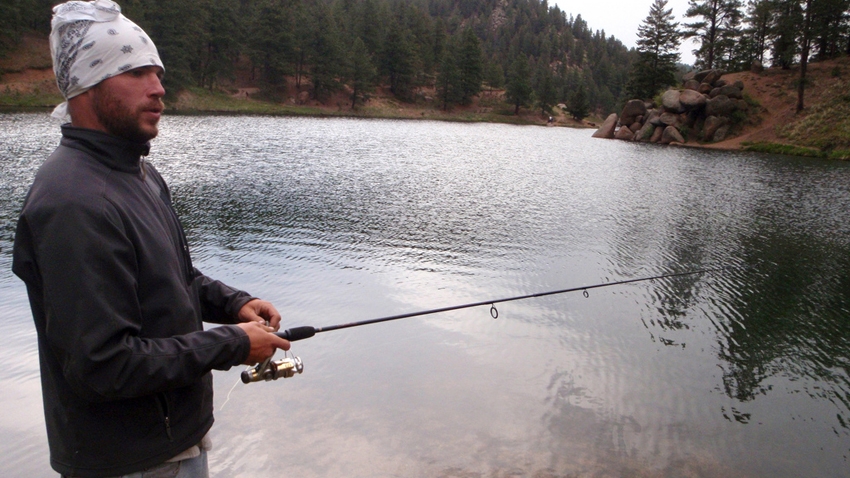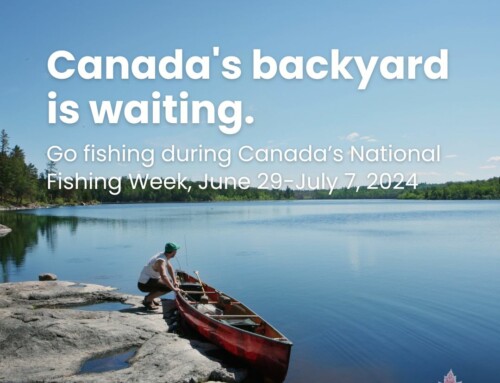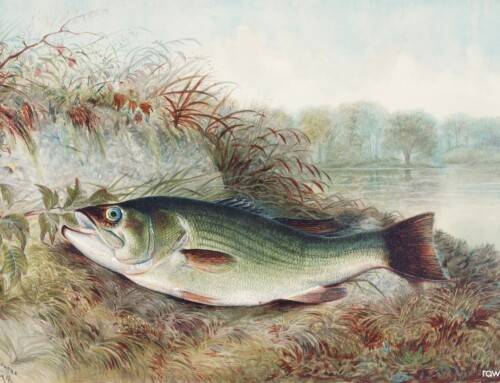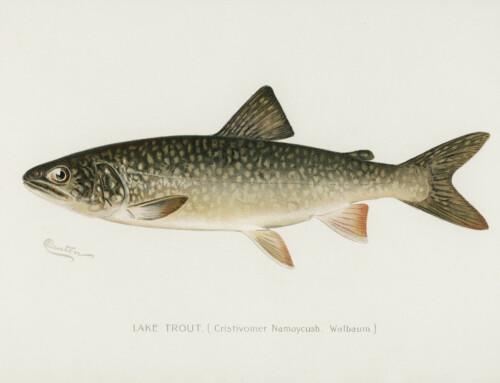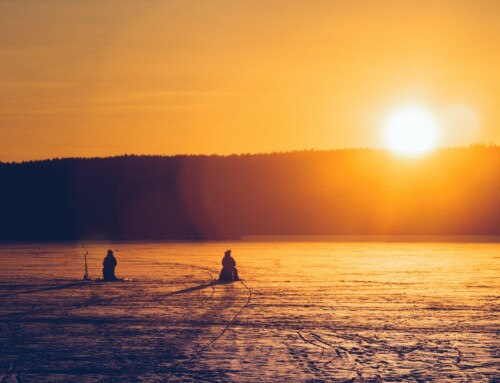Increased water temperatures and low water levels has moved the B.C. government to ban angling in many areas of the province.
The B.C. government has announced it is suspending angling in streams and rivers throughout most of the south coast due to warming water temperatures and low stream flows.
Effective July 22 through Sept. 30, virtually all angling is suspended in the geographic area south of Toba Inlet, near Powell River on the Sunshine Coast, and the Toba River (which is not included in the closure) to the U.S. border. Lakes and reservoirs are not included in the closure.
The closure has been put in place to protect fish stocks at a time when they are vulnerable due to low flows and high water temperatures. The closure has a number of exceptions of larger streams with flows and temperatures currently suitable for a sustainable recreational fishery. These exceptions are for the following river mainstems: the Fraser (non- tidal portion), Chilliwack-Vedder, Harrison, Lillooet, non-tidal Squamish, non-tidal Pitt, Elaho, Cheakamus, Capilano (downstream of Highway 1 bridge) and Mamquam (downstream of CN railway bridge). However, the tributaries of these named exceptions are closed.
On July 4 angling closures were put in place for southern Vancouver Island and the Gulf Islands.
On July 15, the government of B.C. announced a Level 4 drought rating for the South Coast and Lower Fraser areas due to ongoing low stream flows. B.C. government fisheries biologists are monitoring approximately 40 other key angling streams across the province, including the excepted streams listed above, and if conditions warrant, additional closures are possible. Angling closures are enabled through the British Columbia Sport Fishing Regulations of the federal Fisheries Act.
Photo courtesy of Heath Alseike/Creative Commons.

